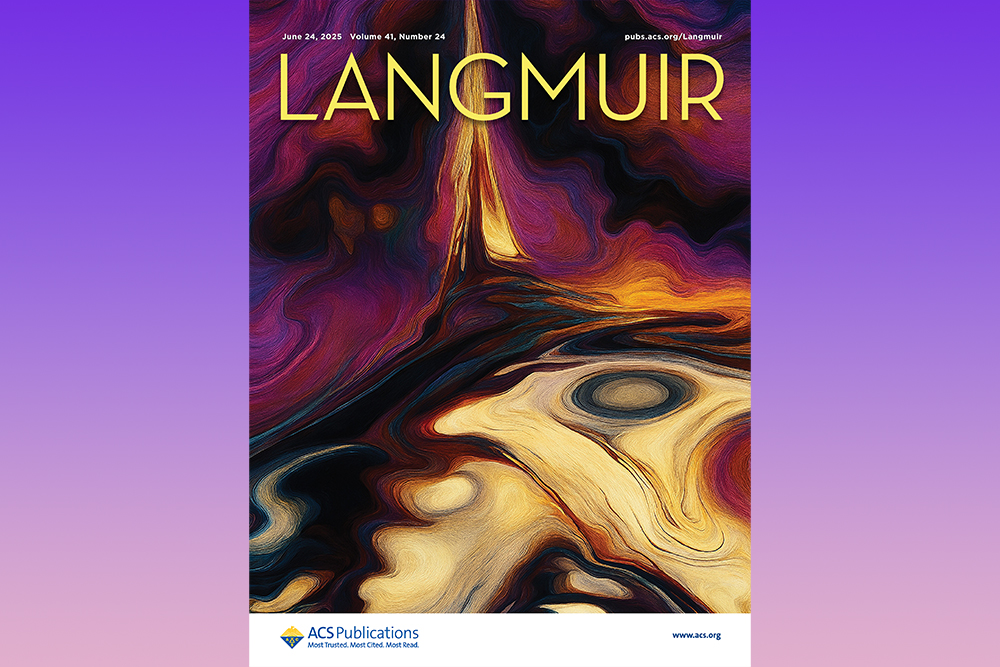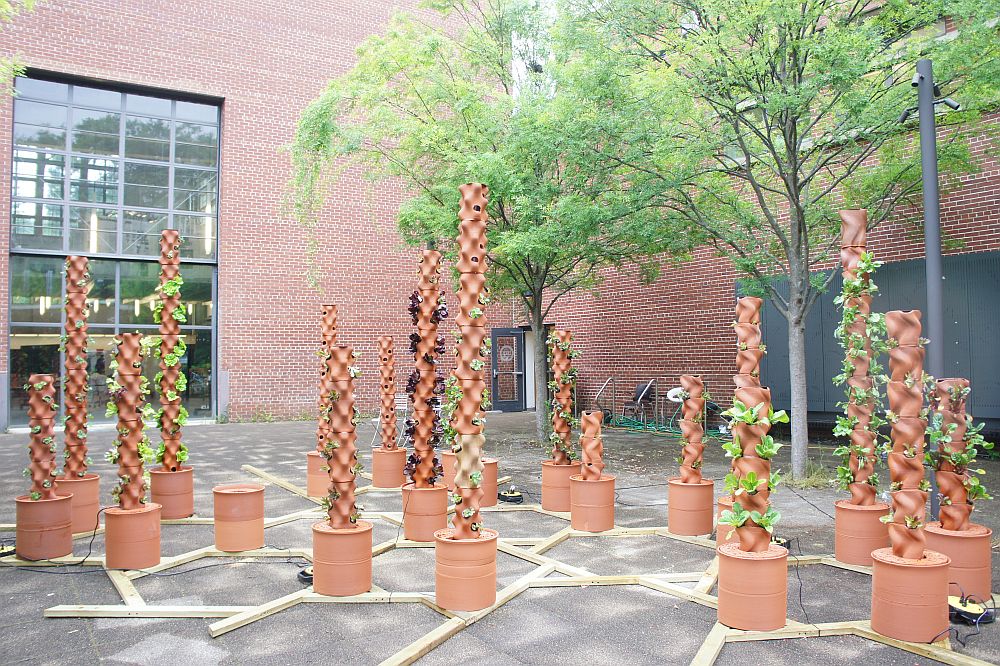
[Image above] Could ceramic and glass filters play a role in making the coffee supply chain environmentally friendly and sustainable? Credit: Pixabay
When I tell people I survived college without getting hooked on coffee, I’m often met with skeptical disbelief. Along with water and tea, coffee is one of the most consumed beverages in the world, especially in the United States.
Despite coffee’s popularity, there are rising concerns about the environmental impacts of this drink, which occur along the entire supply chain, from growing to consumption. So it is no surprise that articles like this one suggesting ways to embrace sustainability and decrease environmental impact are exceedingly in vogue.
One aspect of the coffee process that is regularly targeted for change is the single-use paper filter. In addition to creating waste volume, some paper filters are bleached with chlorine, a process that can adversely affect the environment.
Instead of paper filters, sustainability bloggers often suggest using metal or cloth filters instead. These filters have the benefit of reusability, but they do have disadvantages as well—cloth filters subdue flavor notes by filtering out some oils, while metal filters may impart the coffee with a mildly metallic flavor.
What other options exist for reusable coffee filters? Well, this blog is written by The American Ceramic Society—so it should come as no surprise that we will highlight two additional alternatives based on ceramic and glass materials.
Kyuemon ceramic filter: A (not) new offering from Japan
In 2015, numerous coffee blogs began covering a unique coffee filter made from a microporous ceramic. However, though the filter was new to U.S.-based coffee enthusiasts, this filter has existed for more than 30 years.
The ceramic filter is a product of Kyuemon, a tiny brand of housewares owned by Japanese company Kubota Minoru Ceramics Ltd. The Kyuemon ceramic filter was introduced to the Japanese market in 1986, but exports of Kyuemon’s porous ceramic products did not begin for more than 20 years, with shipments to Singapore starting in 2007. Even now, distribution in the U.S. is scarce, as the first North American distributor was only identified in 2016.
Reviews of the ceramic filter are mixed. The filter reportedly brews a coffee with a great combination of clarity and body without astringency—if you are willing to wait exceedingly long times for the brew.
According to a review on The Coffee Compass, “The instructions indicated that coffee fines can build up within the filter over time. With each resulting brew we watched seconds being added to our brew time. Soon, it was impossible to make 300 ml. in anything less than eight minutes. Even sifting the fines did little reduce the brew time.”
When they attempted to clean the filter based on the recommended instructions—bake the filter under high heat—the Coffee Compass authors discovered the oven bake seemed to have the opposite effect and “now even water won’t drip through the filter,” they wrote.
So this example of a ceramic coffee filter may not be worth the cost. But the potential for ceramic filters—if they can be cleaned more easily—is definitely there.

Credit: Urban Republic, YouTube
Pure Over: All-glass coffee maker offers transparency in brewing
Glass coffee pots are nothing new. But what makes the new all-glass Pure Over coffee maker special is that the filter is made from glass as well.
According to the Kickstarter page for this product, the borosilicate glass filter works via cake filtration—in other words, the glass acts as a screen for the coffee grounds, which function as the filter as water is poured through. The device features a built-in glass water diffuser as well to ensure a steady, measured pour of water onto the filter.
Pure Over is the brainchild of Etai Rahmil, a glass artist based in Portland, Oregon. Rahmil discovered glassblowing in 2009 while studying sociology at the University of Oregon, and he is now a well-known glass artist whose contemporary sculptural interpretations of instruments, masks, and antiques are featured in art galleries and museums nationwide.
Rahmil launched the Kickstarter campaign in August to fund the initial production run of Pure Over. And with 27 days to go until the campaign ends, it has raised more than 10 times the goal set by Rahmil.
A Daily Coffee News article by Roast Magazine explains the first run of Pure Over sets is slated to ship in December of this year, after which time Rahmil—who founded a company based on the brand—will offer the coffee maker at retail price of $60, with the mug set retailing at $80.
So, we will have to wait until December to know how well this glass filtration system works. But one good thing is already coming out of this product—the Daily Coffee News article notes Rahmil intends to donate a portion of this product’s proceeds to The Crucible, a nonprofit industrial art school based in Oakland, California, of which he is an alumnus.
Credit: Pure Over, Kickstarter
Author
Lisa McDonald
CTT Categories
- Environment
- Material Innovations


